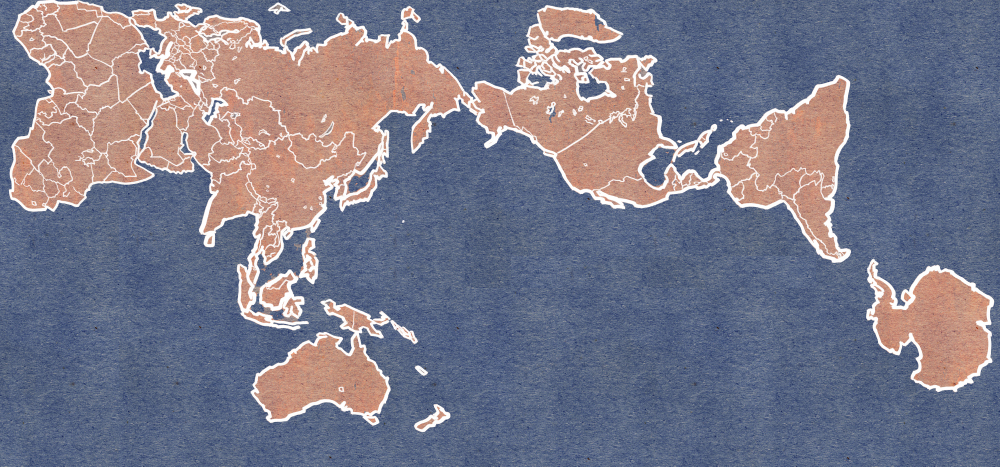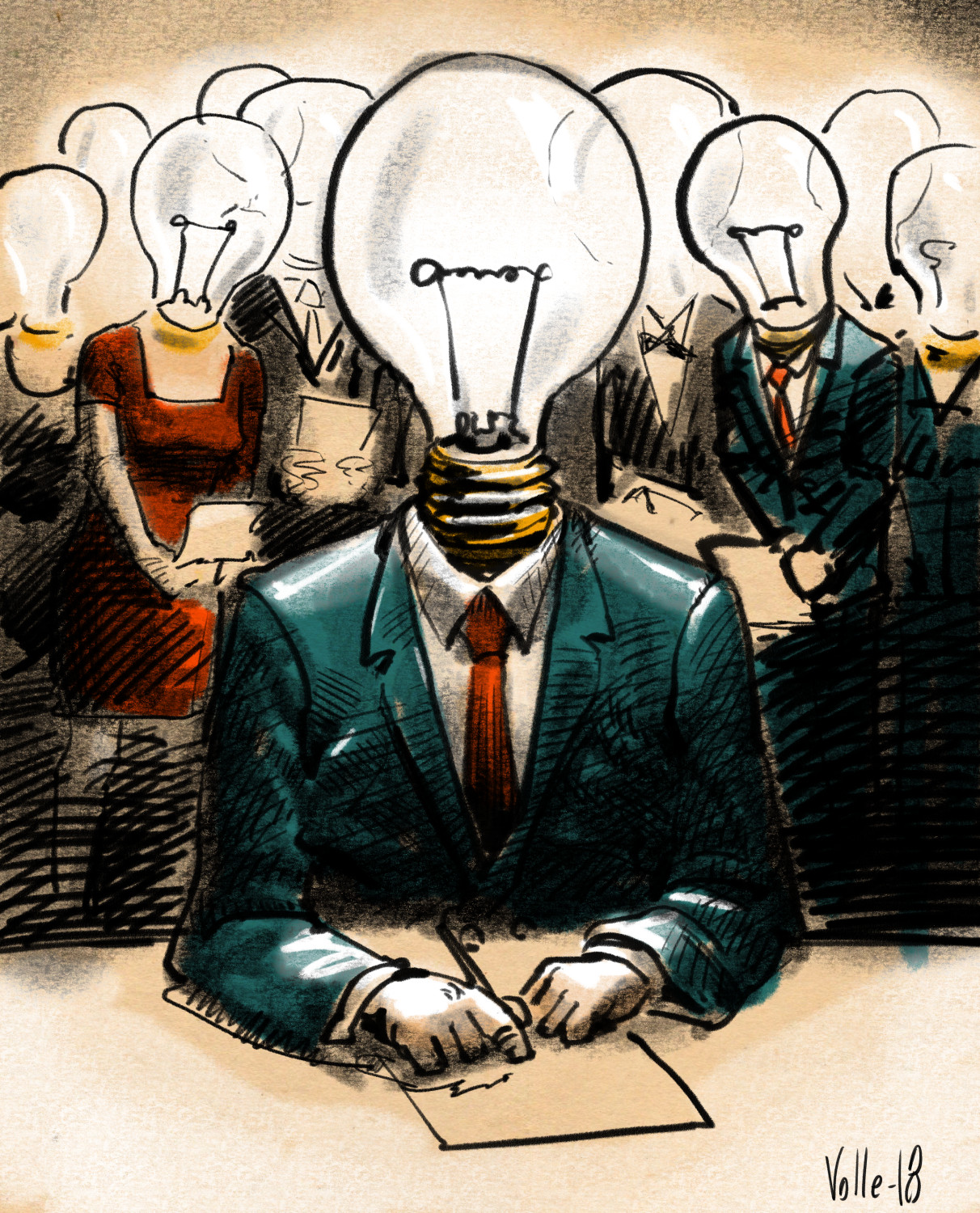Emeritus Professor Jyrki Käkönen reflects “challenged international order”.
As one of the organisers I actively participated the conference Regional Challenges to Multilateralism in Tampere, Finland September 13-14, 2018. Here I just reflect some of the themes discussed in the various sessions as well as on the corridors during the conference. This is no way a report about the conference. In this respect this text tells more about my interests than about the substance of the conference.
The conference had brought together scholars who were convinced that the USA lead international order is eroding and a power shift is going on. One characteristic symptom of the shift is BRICS, the power block of emerging states. Within the context of BRICS power is returning to Asia after 300 years of exception. However, it was not quite clear whether we should talk about emerging states or revitalization of old leaders, like China and India.
Among the participants there seemed to be a consensus that the transition process does not challenge the globalization as such. In fact, the emerging powers and BRICS as a kind of new agent in world politics support current institutions of global governance. Simultaneously emerging states establish parallel institutions for global governance. These institutions, like the New Development Bank, are entirely led by non-Western countries.
Creation of parallel institutions might fragment the global governance. This can be a problem in the time when environmental problems and climate change demand global decisions and solutions. But this is also something that can be interpreted in the way that future globalization is lead less by the West and more by emerging powers with values and norms which may not fit with so called Western liberal norms and values.
One interesting aspect was that power shift was discussed and analysed basically in the context of traditional Euro-centric IR theories, like power transition, power-cycle, hegemonic transition theories. There was much less discussion about possible idea shift or how the possible transition challenges existing IR theories and concepts presented and taken as universal concepts and not specific for trans-Atlantic or Euro-centric perspective of the way of understanding the international system.
The colonization of mind or socialization into Western centric epistemic communities and theories assumed to be universal was strongly present in discussing BRICS and what it is and what a role shall it have in the transition of the international order. BRICS is presented as a regional organization and analysed in the context of integration theories based on the European integration history. According to those theories BRICS is either an anomaly or paradox, which cannot have a bright future.
In case BRICS reflects the changing international order, it may not at all be a regional organisation. Maybe it is something new, that is difficult to understand in the context of traditional IR theories. It presents itself as an institution for a pluralist international order. Simultaneously it is a pluralist organisation with in many ways divers members. Members are autonomous actors and in addition to common interest in changing or at least reforming the existing international order they have their own and sometimes even conflicting foreign policies and national interests.
Lack of internal cohesion and even members’ conflicting interest is hard to digest in applying traditional IR theories. However, such non-Western theories as the Chinese tianxia and Kautilya’s raja mandala theories can accommodate cooperation and conflict of actors within the same alliance or union. This discovery arouses the question, whether we have to know much more about the ancient world views of China and India and about the world history from a Chinese and Indian perspective in order to understand how the future international order will look like.
In their interests and behaviour, the rising powers carry the elements of their historical experiences understood from their perspective as well as their traditional world views and their non-Western theoretical frameworks. This adds the idea shift aspect to possible power shift. It also rises the issue of decoloniality in theory construction. Instead of just consuming theories, are we able to construct theories in the spirit of Amitav Acharya’s global IR.
When the current international order and the institutions of global governance are contested how shall it be possible to avoid or at least to limit the damage the transformation of the international order might cause. At least the Western-centric world history as well Western-centric IR theories tell that power shift or hegemonic transition seldom if ever are non-violent. There is a strong correlation between wars and changing international order. Somehow the question is whether the West is able to return after three hundred years’ exception back to normal.
Who provides security in the period of interregnum? Who or what institute represents the so-called common interest of the humankind? President Trump clearly said in the UN General Assembly in September that USA under his leadership dam care about common interest, it will take care of its national interest. In Chinese rhetoric there has lately been present the phrase, common good. EU might represent common interests in climate change related issues but otherwise it is involved in internal problems. In a way the emerging new international order is still missing the leader and maybe even the idea.
Finally, I will come to the point, that an important aspect was more or less totally missing in the conference discourses. And that is climate change connected to increasing environmental problems which should be a common concern of the entire humankind. In this respect BRICS hardly represent any kind of a change. One core goal in BRICS activities is to bring welfare to the people of the community. The mean for realising this goal is economic growth. Economic growth increases demand and competition for scarse resources and degradation of environment.
BRICS has presented itself as an institution to stop the climate change as well as taking care of environmental problems. This is understandable since BRICS countries are victims of climate change and environmental degradation. However, in BRICS documents in is hard to find any references to social responsibility in environmental sense. BRICS countries neither talk about sustainable societies. For instance, for Indian Kautilya an important norm was sustainability of the societies.
To conclude, while studying the changing international order it seems to be important to go from Western-centric theorizing towards what Acharya calls global IR. But that is not enough. We have to connect also environmental and climate aspect into the analysis of changing international order, what the transition means to environment and climate and how and what kind of transition could lead to sustainable human societies in a pluralistic international system.
Jyrki Käkönen
Illustration: Karstein Volle


